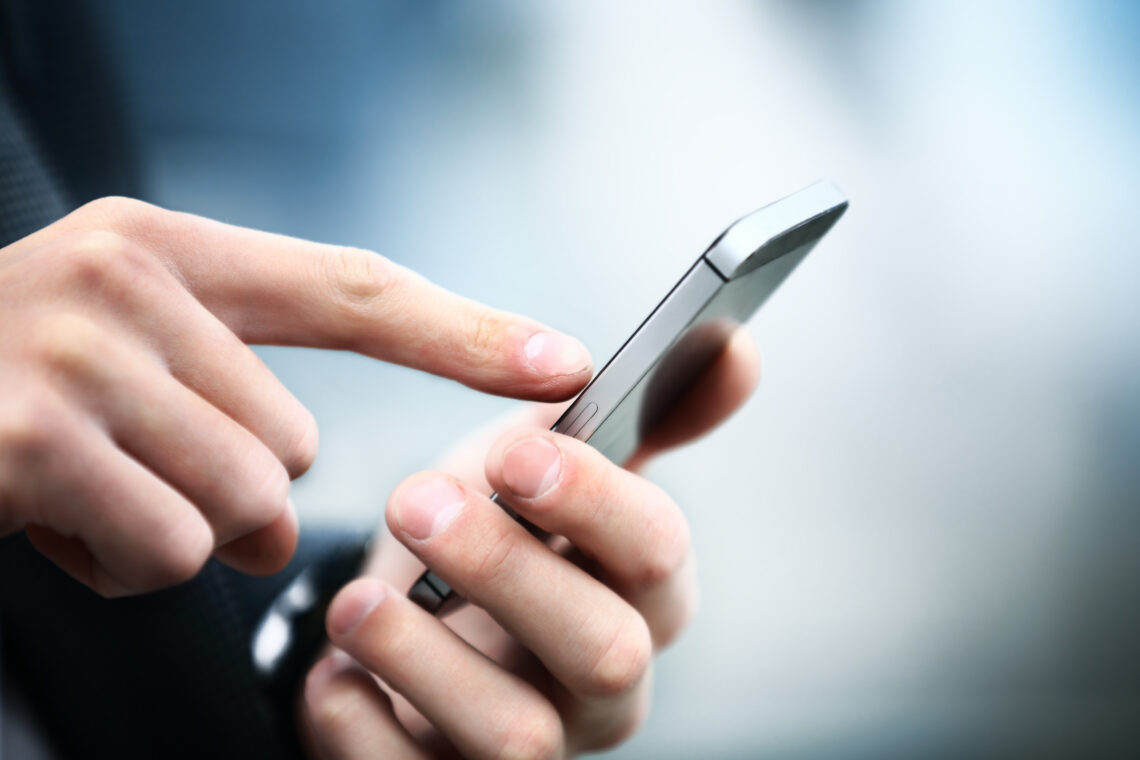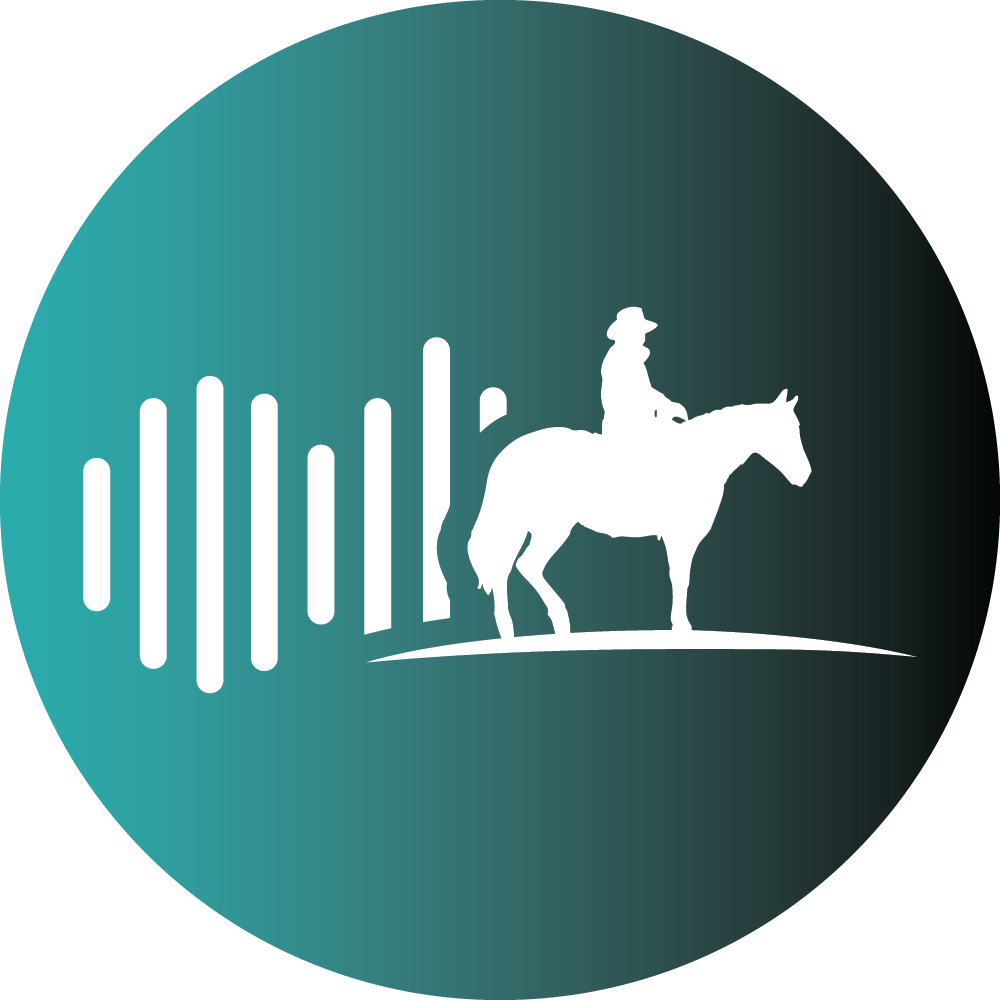By Jen Clancey STAFF WRITER
On July 9, the Big Sky School District board approved policy 3630, which bans cell phone use during the school day.
Spurred by Gov. Greg Gianforte’s call for cell phone free schools in August 2024, the Big Sky School District had previously discussed how to implement a rule to limit the distraction of cell phones in the classroom and social environment during the school day. The board landed on a bell-to-bell ban of wearable or handheld devices “that emit an audible signal, vibrate, display a message, or otherwise send and receive information and/or access the internet.” Examples of those devices include devices like wireless earbuds, tablets, smart-watches, and of course, cell phones.
Soon, on Aug. 25, students will fill the halls of Ophir Elementary, Ophir Middle and Lone Peak High School, just without sounds of text pings. BSSD Superintendent Dr. Dustin Shipman explained the purpose of the new rule for students.
“We really want the students to know that this policy has nothing to do with punishment, but is based on research that indicates social relationships, academic achievement and emotional health all improve when there are large chunks of time that students are not engaged with a device,” Shipman wrote in an email to EBS.
“We want them to know that we, as a school community, have their best long term interests in mind whenever we make any decision about how they will go about their days while in school,” Shipman stated.
Policy 3630’s enforcement includes several consequences when a student violates the policy outlined in Student Parent Handbooks—the first infraction requires the student to do a reflection in the front office and further infractions require detention and later on, in-school or out-of-school suspensions if violations continue to occur with a student.
Big Sky isn’t the only Montana school district to get on board with cell phone screen-free days. In May, Missoula County Public Schools’ Board of Trustees approved restrictions on phone use in the school day, prohibiting elementary and middle schoolers from using devices throughout the day and prohibiting device use for high schoolers only during instructional time.
Gianforte’s 2024 letter referenced a Common Sense Media report that found that 97% of study participants between 11-to-17-years-old admitted to using cell phones during the school day.
According to a Pew Research Center study, school cell phone bans are being seen as more favorable, with 74% of U.S. adults supporting banning middle and high school students from using their devices during class. A majority of people in the study believed that the bans would improve social skills, academic performance and behavior.
Effects of cell phone use and social media on mental health and cell phone use has been discussed in research and bestselling books like “The Anxious Generation” by Jonathan Haidt, as well.
Shipman noted that as with any major change to school policy, the district will constantly review any challenges posed by cell phone free days and meet those challenges. The school will also review and acknowledge successes of the new policy.














